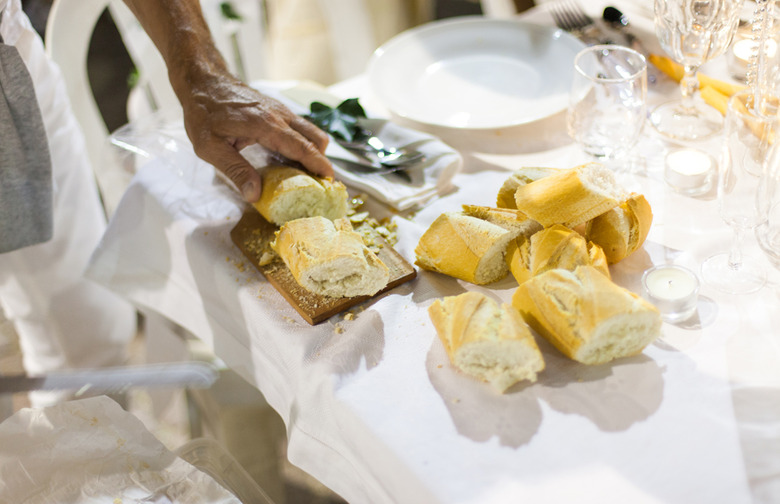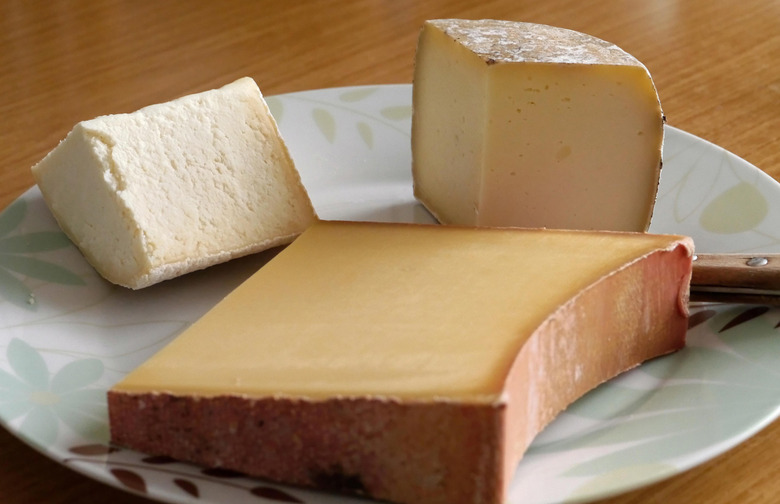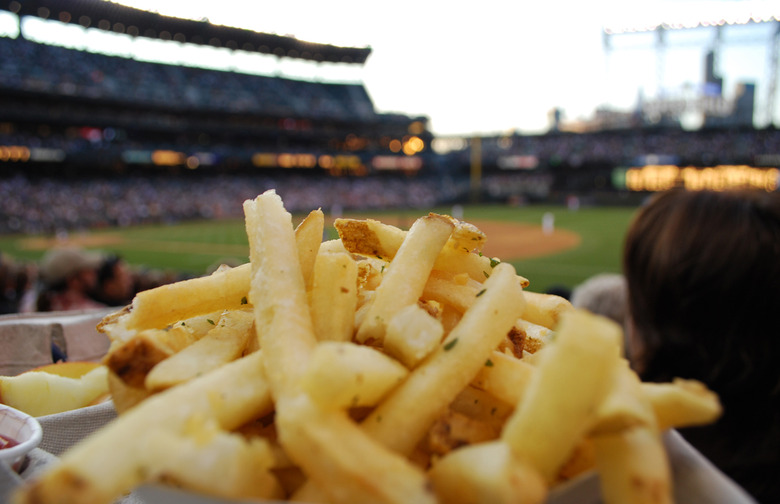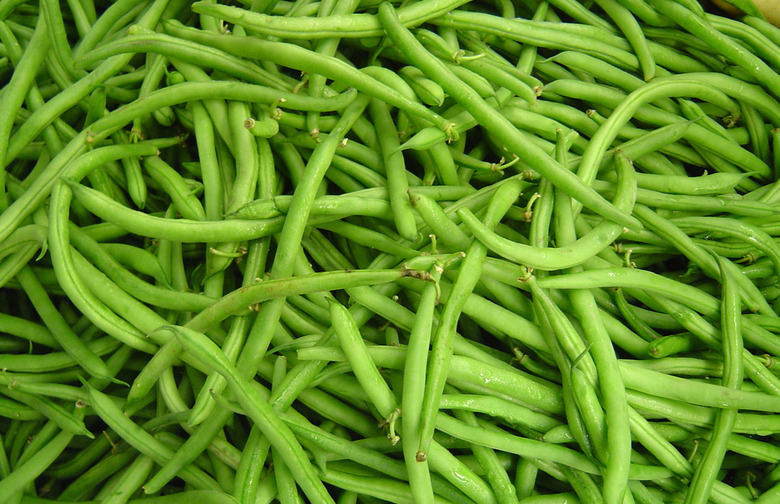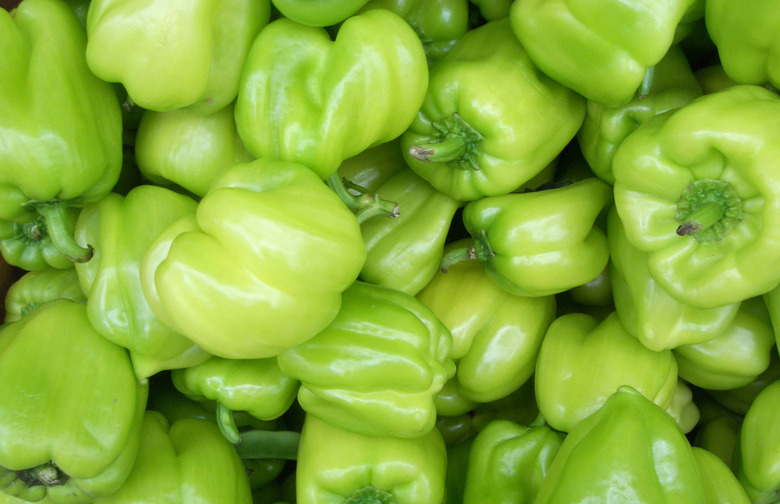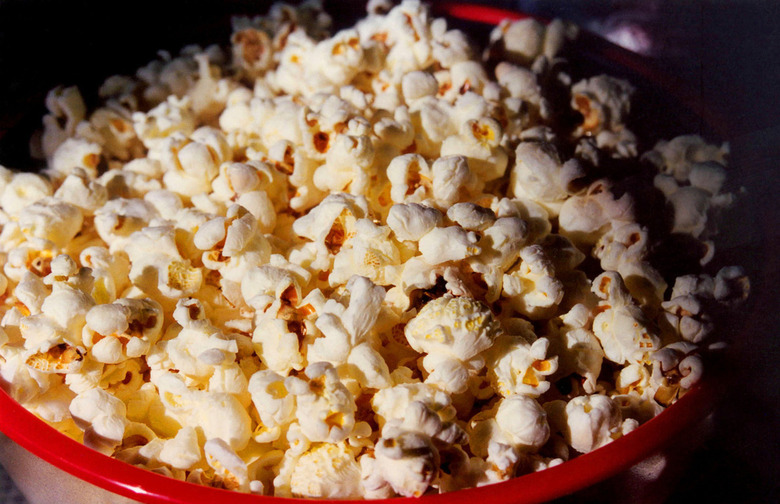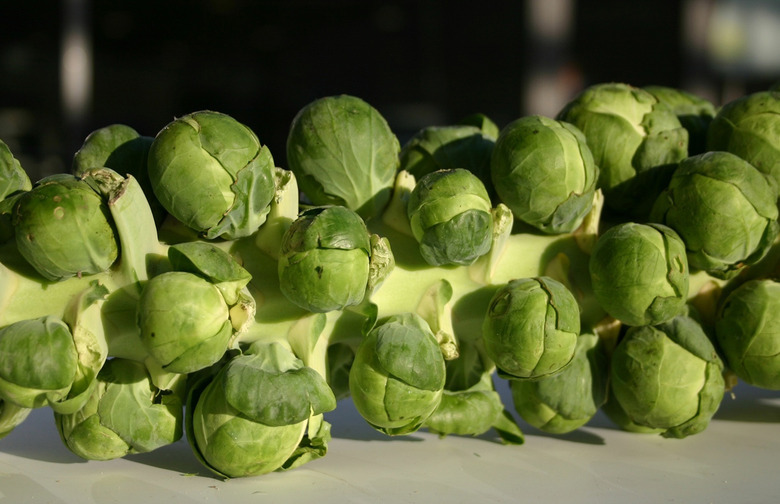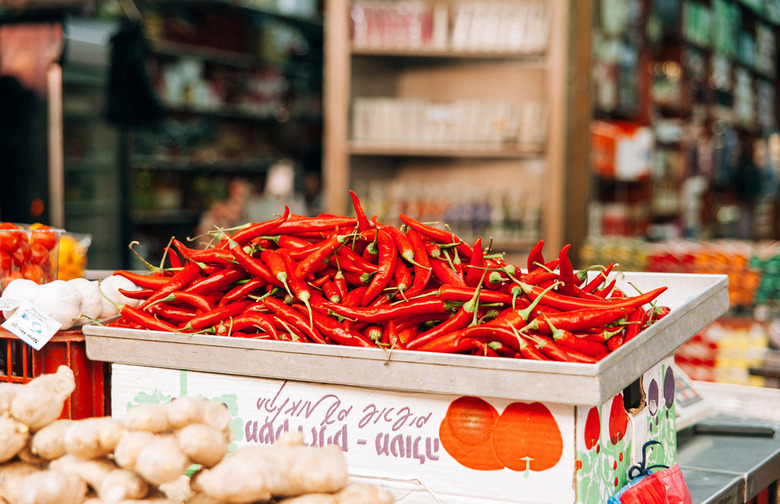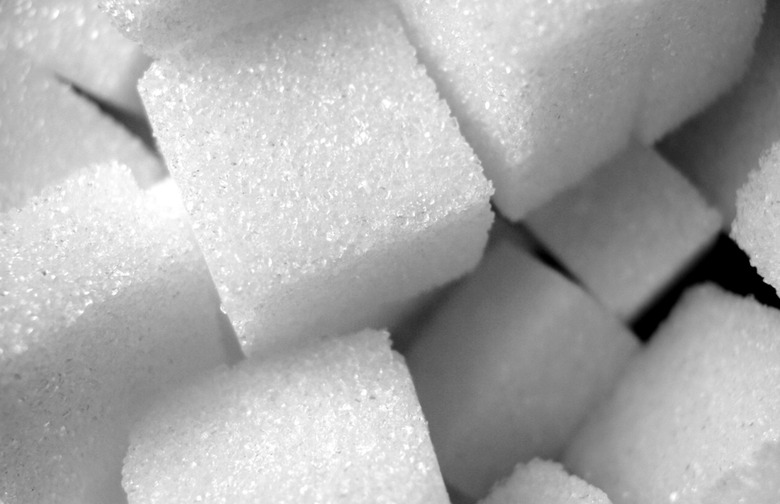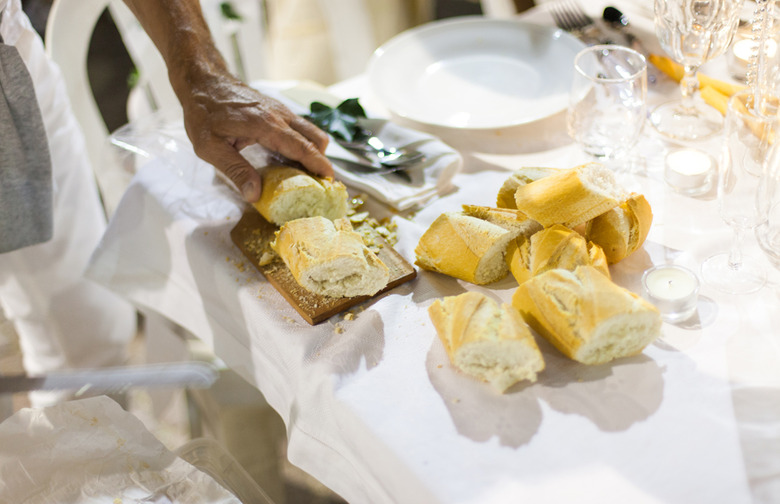If You Have IBS, Avoid These Foods
IBS is extremely prevalent, affecting as much as 15 percent of the U.S. population. The most important step towards tackling IBS is knowing which foods aggravate the condition. By avoiding these foods, you can keep symptoms from disrupting everyday life, and prevent IBS from developing into a severely debilitating condition.
Caffeine
People with IBS should do their best to avoid caffeine in its various forms. This includes coffee, soda, and some teas. Caffeine irritates the intestines, which increases peristalsis, the muscle contractions that move food along the digestive tract. This can speed up the digestive process and result in diarrhea and cramping for people with IBS.
Dairy
Many people with IBS have difficulty with dairy products. The combination of a high fat content, along with lactose and proteins such as whey and casein, can cause severe digestive problems. In particular, people often complain of gas, bloating, and diarrhea after consuming dairy products. If you choose to cut dairy out of your diet, just be sure to replace it with other calcium-rich foods, such as kale or almonds.
Fatty Foods
Rancid fats from frying foods at high temperatures and low-quality fats found in baked and processed foods can intensify the symptoms of IBS. For those who suffer from constipation, fats over-stimulate the bowels and can result in severe cramping. For those who often have diarrhea, fats can cause foods to be expelled too quickly, resulting in cramping and loose stools.
Legumes
Legumes contain several sugars that our bodies cannot digest. When these sugars reach the colon, they begin to ferment, which can produce uncomfortable gas even in people without IBS. Baked beans, chickpeas, lentils, and soybeans contain high amounts of these indigestible sugars and should be avoided or else eaten in small quantities.
Nightshades
Nightshade vegetables are part of the Solanaceae plant family, which contains over 2,000 different species. Some of the more familiar varieties include potatoes, tomatoes, eggplant, and peppers. While these vegetables are nutritious and perfectly safe for most, they contain alkaloids that can contribute to IBS.
Popcorn
Although popcorn is a healthy whole-grain snack, it is chock full of difficult-to-digest soluble fiber. Those undigested particles can get caught in the diverticula of the intestines, irritating the entire digestive tract. Additionally, buttery theater-style popcorn can cause a problem for those IBS sufferers who are particularly sensitive to fat.
Raw Vegetables
Foods that are high in fiber can be problematic for people with IBS. Raw vegetables in particular contain a higher proportion of fiber to water. They are difficult to digest unless steamed, which breaks down its fiber content. Cruciferous vegetables, such as broccoli, cauliflower, cabbage, and Brussels sprouts, are especially problematic and may even spell trouble when cooked.
Spicy Foods
According to Lauren Talbot, a certified nutritionist, "eating spicy foods is like rubbing salt in a wound." Curry, hot sauces, and other heavily spiced foods stimulate gut activity. This can lead to indigestion for anyone, but can also trigger diarrhea and abdominal cramping for people with IBS.
Sweeteners
For people with IBS, especially those prone to diarrhea and cramping, foods containing sweeteners can be troubling. These include fructose, sucrose or sorbitol, xylitol, mannitol, isomalt, and maltitol. Many of these sweeteners are found in soda, baked goods, candy, and gum. Some people may even need to avoid fruits that are naturally high in sorbitol, such as apples, pears, and apricots, to name a few.
Wheat
People with IBS, especially those who experience frequent constipation, may lack the enzyme transglutaminase (tTG). This enzyme aids in the breakdown of gluten, the protein in wheat that gives dough its elasticity. Without tTG, the body is unable to fully digest wheat products, which can lead to abdominal discomfort and difficulty making a bowel movement.
